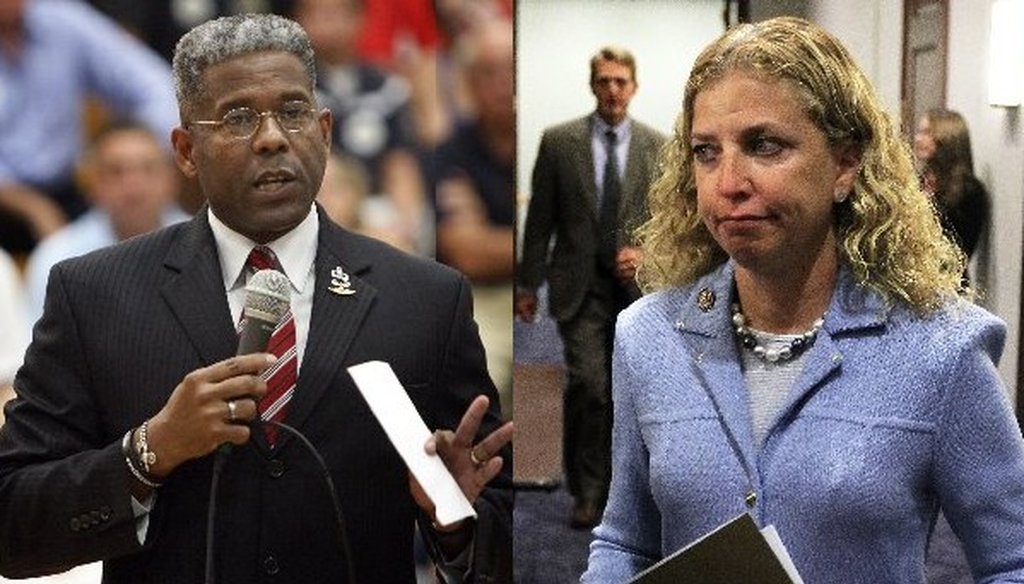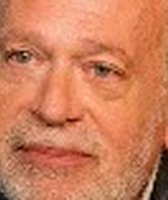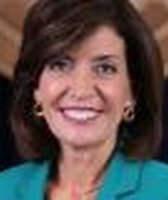Stand up for the facts!
Our only agenda is to publish the truth so you can be an informed participant in democracy.
We need your help.
I would like to contribute

Allen West and Debbie Wasserman Schultz
Florida politicians have used the health care law to make claims that range from declaring it the "biggest tax increase ever" to containing a slush fund to spay pets as part of an anti-obesity effort.
As the U.S. Supreme Court is poised to rule on the 2010 Affordable Care Act on June 28, 2012, PolitFact Florida reviewed some of our most interesting claims by Florida politicians and groups about the law. Florida, with its large senior population and crucial role in the presidential election, has played a significant role in the health care law debate. (To peruse all of PolitiFact Florida’s health care claims click here.)
Gov. Rick Scott
Even before he ran for governor in 2010, Rick Scott was a vocal critic of the health care law. Scott is a former CEO of a hospital chain.
In 2009, Scott spent $5 million of his own money to form Conservatives for Patients' Rights, a group that fought President Barack Obama's proposals, which at that time included the public option. Scott made the campaign promise to fight to repeal the health care law, a promise that PolitiFact is tracking on our Scott-O-Meter and is now rated Promise Kept.
Scott has made several claims about the health care law, including that it will be "the biggest job killer ever." We we ruled False: A CBO report said that the reduction in the amount of labor in the economy would be "roughly half a percent". Some workers around retirement age may decide to stop working earlier than they planned due to the affordability of insurance to be offered outside of the workplace, and some business may be subject to fees if they don’t offer insurance, which could suppress job growth. On the other side, low-wage workers may seek work because they can now earn some wages and still qualify for Medicaid, the existing federal health insurance program for the very poor.
Scott also said that it would be "a massive tax increase, probably the biggest tax increase ever in the history of our country." We ruled that False. The health care law certainly is the first significant tax increase since 1993. But it is smaller than some other tax hikes including the one signed into law by President Ronald Reagan in 1982.
In 2011, when Scott turned down millions of federal dollars to implement the health care law, he said, "It’s not the law of the land." Scott argued that key provisions wouldn’t take effect until 2014, including the Medicaid expansion and individual mandate. But other provisions were already in effect and it's the "law of the land" until the Supreme Court or Congress says it's not so we ruled that claim False.
Also in 2011, Scott said that the law eliminated inexpensive child-only policies. We rated False. While elements of the law prompted private insurers to stop selling child-only policies, the state continued to offer KidCare, which is inexpensive for low-income parents. And children with pre-existing conditions could also seek enrollment in the new Pre-Existing Condition Insurance Plan (PCIP) created by the federal law -- though the rates are higher.
Alan Grayson, Allen West and Debbie Wasserman Schultz
In Florida, we had polar opposites in U.S. Rep. Alan Grayson, D-Orlando, who lost re-election in 2010, and U.S. Rep. Allen West, a Republican who recently moved from Broward to Palm Beach County. Both men are know, for their catchy, brash-talking claims.
Grayson was famous for his line that the GOP health care plan was to "Die quickly!" The Republican Party of Florida said that Grayson compared Dick Cheney to a vampire and the U.S. health care system to the Holocaust, which we ruled Mostly True.
West, meanwhile, said an ObamaCare slush fund was used to spay cats and dogs as part of an anti-obesity campaign in Nashville. We ruled this Republican talking point as False because a grant from PetSmart Charities paid for it.
West also said that the law included a plan for the feds to take over education. The health care law did include student loan reform, but that’s not the same as a federal takeover, so we ruled that claim False.
U.S. Rep. Debbie Wasserman Schultz, D-Weston, said shortly after Obama signed the law that it doesn’t require most Americans to get health insurance. She got a Mostly False for that claim. On a technical level, Wasserman Schultz is correct -- Americans are "not required" under the law to carry health insurance, but the individual mandate fines people on their taxes if they don’t.
The U.S. Senate race in 2010
The health care law was the source of attacks in the 2010 U.S. Senate race between victor Republican Marco Rubio, then Gov. Charlie Crist (a Republican turned independent) ,and then U.S. Rep. Kendrick Meek, a Democrat from South Florida.
Rubio said. "The path to ObamaCare becoming law all started with Charlie Crist supporting President Obama's $787 billion stimulus." Crist did endorse the federal stimulus bill, but he wasn’t crucial to its passage. Rubio failed to prove a causal connection between Crist’s role in the stimulus bill and the health care law passing. Rubio got a Pants on Fire! for that claim.
Rubio said that Crist had taken six different positions on the health care. Rubio got a Half True for that exaggeration.
Meek said that Rubio wanted the government to get out of health care -- a sweeping claim we ruled False because Rubio had supported certain health care programs.
Crist accused Obama of not being transparent about health care negotiations, which we ruled True, because Obama had said during the campaign that negotiations would be on TV. While the Senate and House floor debates were televised on C-SPAN, negotiations were almost always away from television cameras.
The U.S. Senate race in 2012
Opponents of the health care law are attacking Democrats on the ballot in 2012.
The conservative 60 Plus Association said in an ad that Democratic U.S. Sen. Bill Nelson was "the deciding vote" on the health care law. We ruled that claim Mostly False because Nelson wasn’t one of the final holdouts among the 60 yes votes. (You can read more about our explanation of deciding votes here.) Nelson, who is seeking re-election, is expected to face U.S. Rep. Connie Mack, R-Fort Myers, in November.
Pat Boone, on behalf of the 60 Plus Association, said in a separate ad that the Independent Payment Advisory Board "can ration care and deny certain Medicare treatments so Washington can fund more wasteful spending. Your choices could be limited and you may not be able to keep your own doctor." The board makes policy recommendations -- it doesn’t review individual treatment plans. In fact, the law says the board can’t ration care so this ad also got a Pants on Fire.
The U.S. Chamber of Commerce claimed in an ad that 20 million could lose their health care and called out Nelson for voting for it. That number is the high estimate in a CBO report and some portion of that number are people voluntarily switching to other, better coverage. These numbers also ignore estimates that say 9 million people who didn't have employer coverage will get it because of the law. We ruled that claim Pants on Fire.
The Chamber also said that Nelson voted to cut $500 billion from Medicare which we ruled Mostly False because the health care law does not take $500 billion out of the current Medicare budget. Rather, the bill attempts to slow the program's future growth, curtailing just over $500 billion in future spending increases over the next 10 years. In fact, Medicare spending will still increase.
A few more claims
Some Republicans in Florida repeated the claim that the law was a government takeover of health care which PolitiFact ruled as its Lie of the Year for 2010. The Republican Party of Florida and U.S. Rep. C.W. Young, R-Indian Shores, made similar claims. Yes, the plan would expand the government's role, but it primarily would continue to rely on private insurers for the vast majority of Americans.
Broward state Rep. Joe Gibbons claimed in May 2011 that most Floridians don’t favor repeal of the law which we ruled Mostly False. He is now running in a Democratic primary for a newly drawn Broward/Miami-Dade coastal district. We found two polls from Quinnipiac University that both found -- though narrowly -- a plurality of Floridians supported a repeal of the health law.
We expect the Supreme Court decision to prompt a flood of new claims about health care. If you see claims about the health care law that need fact-checking, e-mail us at [email protected]
Our Sources
See individual fact-checks for complete sources.


































